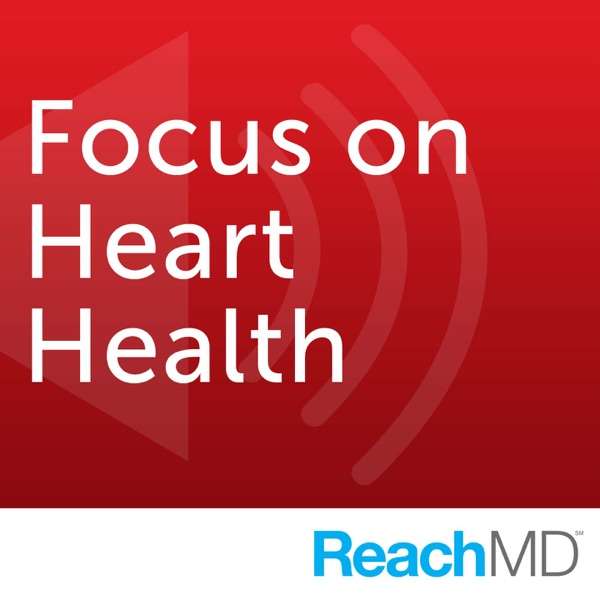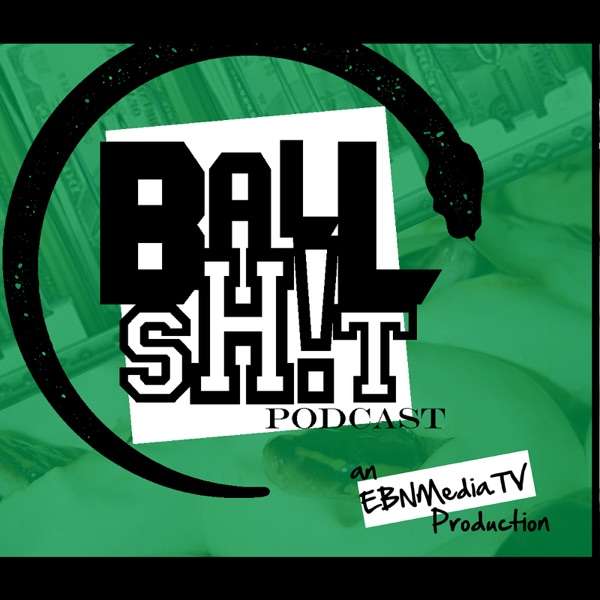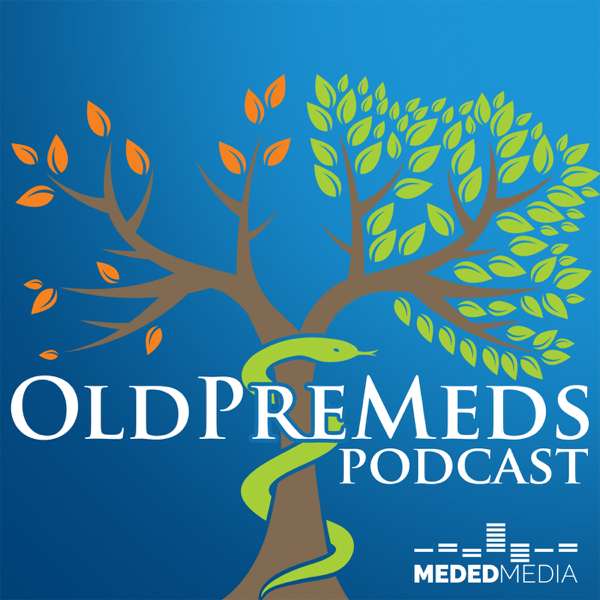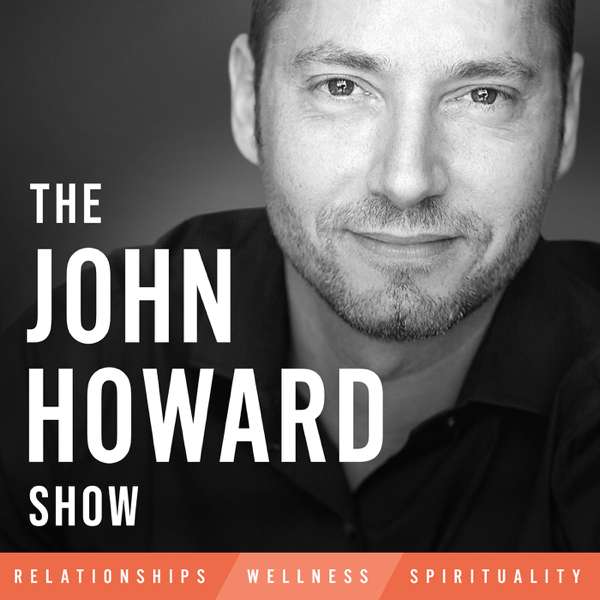Have you always felt that you could make of your life pretty much what you want to make of it? Once I make up your mind to do something, do you stay with it until the job is completely done? And when things don't go the way you want them to, do you just work harder? And one last question – are your poor, or working class, or live in a highly segregated area?
If you strongly agree with the first questions, and answer yes to the last one, your coping is likely putting you at greater risk for a raft of health problems. That's a key finding of Duke University epidemiologist Sherman James, who describes what he terms 'John Henryism' in this Social Science Bites podcast.
The health effects, which James has studied since the 1980s, have come into sharper focus as the Coronavirus pandemic exacts a disproportionate toll on communities of color in the United States. Based on the John Henryism hypothesis, James tells interviewer David Edmonds, members of those communities are likely to develop the co-morbidities which help make COVID more deadly. And since many of them have to physically go to work, John Henryism helps "elucidate what some of these upstream drivers are."
James defines John Henryism as "strong personality disposition to engage in high-effort coping with social and economic adversity. For racial and ethnic minorities … who live in wealthy, predominantly white countries – say, the United States – that adversity might include recurring interpersonal or systemic racial discrimination." It can be identified by using James' John Henryism Active Coping Scale, (JHAC12, pronounced 'jack'), which asks 12 questions with responses from 'strongly agree' to 'strongly disagree' on a 5-point Likert scale.
High-effort coping, over years, results in excessive "wear and tear" on the body, damaging such things as the cardiovascular system, the immune system, and the metabolic system. Focusing on the cardiovascular system, James notes that this "enormous outpouring of energy and release of stress hormones" damages the blood vessels and the heart.
James notes that the damage doesn't occur solely because someone is a Type A personality – it's the interaction with poverty or segregation that turns someone from a striver to a Sisyphus (with the attendant negative effects on their cardiovascular health). In fact, James says, research finds that having resources and a John Henry-esque personality does not lead to an earlier onset of cardiovascular disease.
The eponymous John Henry is a figure from American folklore. The 'real' John Henry probably was a manual worker, perhaps an emancipated slave in the American South, James explains. His legendary doppelganger was a railroad worker, "renowned throughout the South for his amazing physical strength," especially when drilling holes into solid rock so that dynamite could be used.
A boss challenged John Henry to compete against a mechanical steam drill. It was, says James, "an epic battle of man – John Henry – against the machine. John Henry actually beat the machine, but he died from complete mental and physical exhaustion following is victory."
A folk song memorializes the battle. As one version (there are many, but all telling the same story) recounts:
John Henry he hammered in the mountains His hammer was striking fire But he worked so hard, it broke his heart John Henry laid down his hammer and died, Lord, Lord John Henry laid down his hammer and died
That narrative – dying from the stresses of being driven to perfection but in a dire environment – the Jim Crow South – gave its name to James' hypothesis.
James himself grew up in small town in the rural American South, beginning his higher education in the early 1960s at the historically Black Talladega College near Birmingham, Alabama. Birmingham was the heart of the civil rights struggle in the Civil Rights era, and James was an activist, too. He decided then that "whatever I did would have to have some bearing on social justice, on working to make America a more just society in racial and social class terms."
He trained as a social psychologist with a special emphasis on personality, earning his Ph.D. Washington University in St. Louis in 1973, and focused his career on identifying social conditions that drive health inequalities.
His own studies conducted amid the farmers, truckers and laborers of eastern North Carolina provided early, and strong, confirmation for John Henryism. While John Henryism seems focused on African-American men, other research – in Finland, on African-American women, and more – bears out John Henryism's premise in the global population.
In the podcast, James discusses a real John Henry – John Henry Martin – he met while doing research, and offers some societal prescriptions that would allow African Americans and others to "pursue their aspirations in ways that do not accelerate their risk for cardiovascular disease, morbidity and mortality"
James is the Susan B. King Distinguished Professor Emeritus of Public Policy and a professor emeritus in the Sanford School of Public Policy at Duke, where he is also a core member of the Center for Biobehavioral Health Disparities Research. He was elected to the National Academy of Medicine of the National Academy of Sciences in 2000. James was president of the Society for Epidemiologic Research in 2007-08. He received the Abraham Lilienfeld Award from the Epidemiology section of the American Public Health Association for career excellence in teaching epidemiology in 2001, and in 2016 received the Wade Hampton Frost Award for outstanding contributions to epidemiology from the same section.
He is a fellow of the American Epidemiological Society, the American College of Epidemiology, the American Heart Association, and the Academy of Behavioral Medicine Research. In 2016, he was inducted into the American Academy of Political and Social Sciences as the Mahatma Gandhi Fellow, and in 2018 was a fellow of the Center for Advanced Study of Behavioral Science.

 Our TOPPODCAST Picks
Our TOPPODCAST Picks  Stay Connected
Stay Connected







